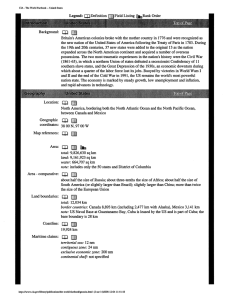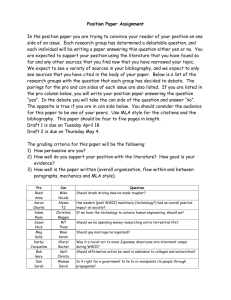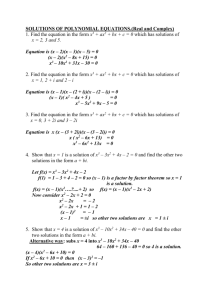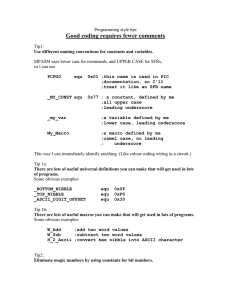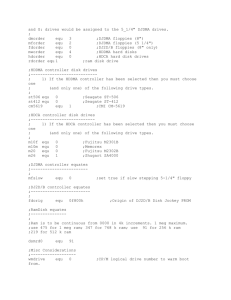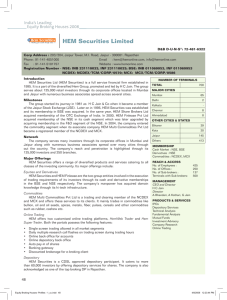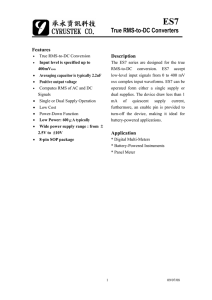SUMMARY QUESTIONS: 1. List the three causes of seasons on
advertisement
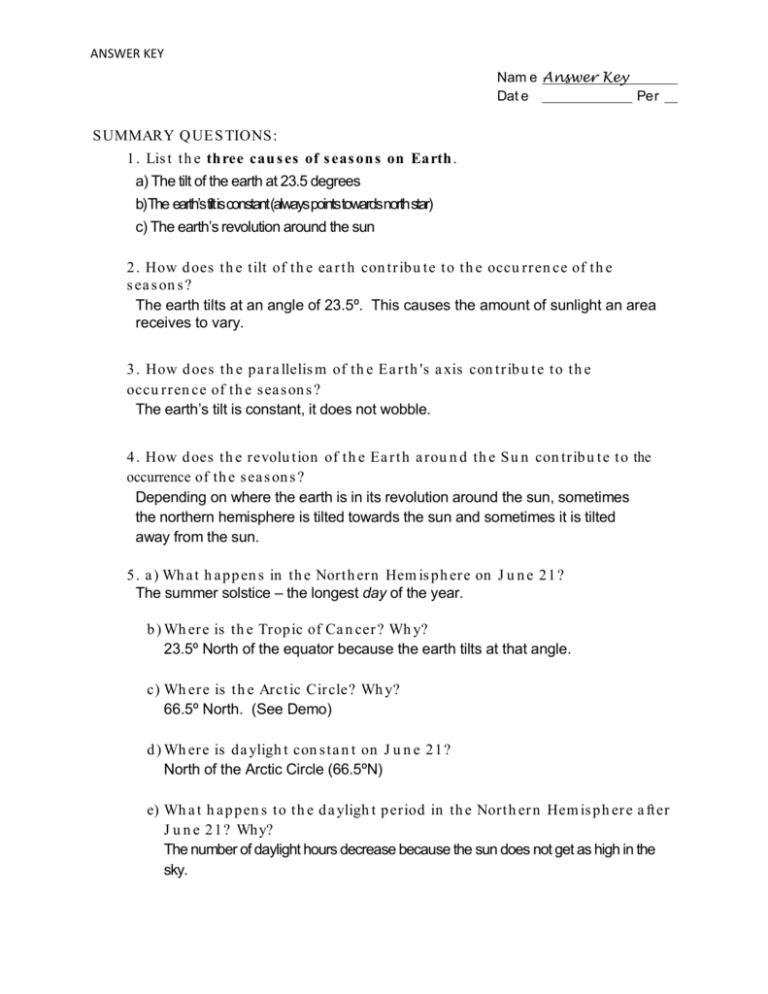
ANSWER KEY Nam e Answer Key Dat e Per S UMMARY Q UE S TIONS : 1 . Lis t t h e th ree cau s es of s eas on s on Earth . a) The tilt of the earth at 23.5 degrees b)The earth’stiltis constant(always pointstowardsnorth star) c) The earth’s revolution around the sun 2 . How d oes t h e tilt of t h e ea r t h con t r ibu te t o t h e occu rr en ce of t h e s ea s on s ? The earth tilts at an angle of 23.5º. This causes the amount of sunlight an area receives to vary. 3 . How d oes t h e pa r a llelis m of t h e E a r th 's a xis con t r ib u t e t o t h e occu r r en ce of t h e s ea s on s ? The earth’s tilt is constant, it does not wobble. 4 . How d oes t h e revolu t ion of t h e Ea r t h a rou n d th e S u n con tr ib u t e t o the occurrence of th e s ea s on s ? Depending on where the earth is in its revolution around the sun, sometimes the northern hemisphere is tilted towards the sun and sometimes it is tilted away from the sun. 5 . a ) Wh a t h a pp en s in th e Nort h ern Hem is ph ere on J u n e 21 ? The summer solstice – the longest day of the year. b ) Wh er e is th e Tropic of Ca n cer ? Wh y? 23.5º North of the equator because the earth tilts at that angle. c) Wh er e is t h e Arct ic Cir cle? Wh y? 66.5º North. (See Demo) d ) Wh er e is da yligh t con s t a n t on J u n e 21 ? North of the Arctic Circle (66.5ºN) e) Wh a t h a p pen s t o t h e d a yligh t p eriod in th e Nort h er n Hem is ph er e a ft er J u n e 2 1? Why? The number of daylight hours decrease because the sun does not get as high in the sky. ANSWER KEY 6 . a ) Wh a t h a ppen s in th e North ern Hem is ph ere on Decem ber 22? The winter solstice – longest night of the year b ) Wh er e is t h e Tr op ic of Ca p ricor n ? Wh y? 23.5º south of the equator because the earth tilts at that angle. c) Wh er e on E a r t h is d a yligh t con s ta n t on Decem b er 2 2? South of the 66.5ºS d ) Wh a t h a ppen s to t h e da yligh t p eriod in th e Nort h ern Hem is p h ere a fter Decem b er 22 ? Wh y? The number of nighttime hour decreases because the sun gets higher in the sky. 7 . a ) Wh y a r e da yligh t a n d n igh tt im e of equ a l len gt h on a n equ inox? Neither hemisphere is tilted towards the sun. All areas receive the same number of daylight hours. b ) Give t h e n a m es a n d da tes of t h e equ in oxes . Vernal Equinox – March21 Autumnal Equinox – September 21 c) Wh er e is t h e s u n s tr a igh t over h ea d a t a n equ in ox? At the equator d ) Des crib e wh a t h a pp en s a t th e Nor t h Pole a n d t h e Sou t h Pole a t ea ch equ in ox. 12 hours of darkness, 12 hours of daylight 8 . Wh a t evid en ce is t h er e t h a t d is t a n ce from t h e s u n is n ot a ca u s e of s ea s on s ? The sun is not in the exact center of the earth’s orbit. The earth is closer to the sun in the winter than in the summer. 9 . How does th e p a t h of th e s u n a cros s t h e s k y d iffer on t h e firs t d a y of s u m m er fr om t h e fir s t d a y of win t er ? On the first day of summer, the sun gets very high in the sky. On the first day of winter the sun does not rise very high in the sky.

